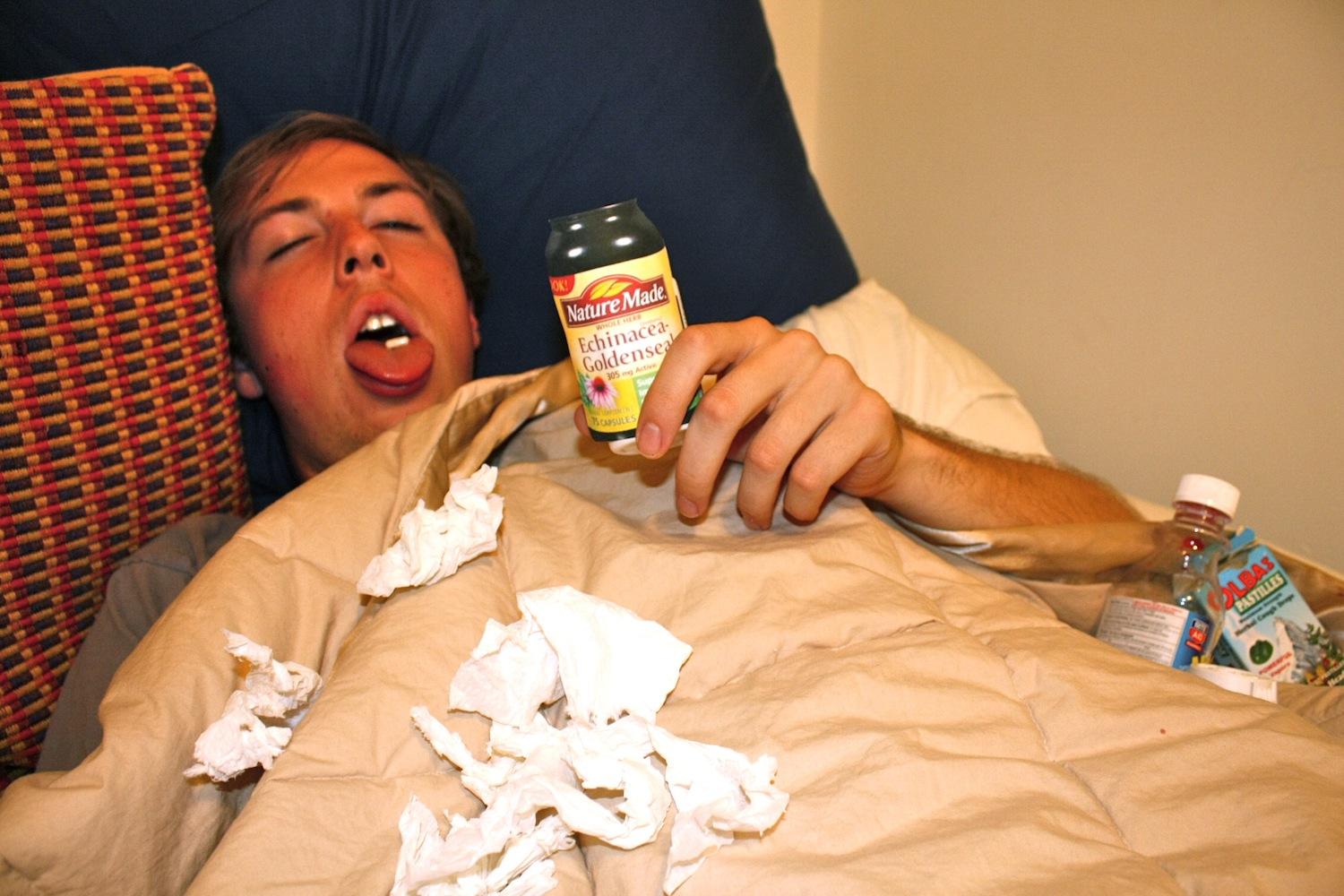The Placebo Effect: The Real Power of Positive Thinking
October 19, 2011

As another seemingly endless winter of discontent approaches, the promise of being mercilessly coughed and sneezed on during subway rides becomes a common nuisance in New York City. But do not worry, there may be a way to minimize your sniffly winter blues, and it is in your hands or at least, it is in your brain.
Earlier this year, scientists at the University of Madison in Wisconsin conducted an experiment in which patients suffering from symptoms of the common cold were observed, and their rates of recovery and response to medication were measured.
Scientists divided patients with symptoms of the common cold into four groups, where they were given one of four treatments: a simple sugar pill, an echinacea pill without being informed of the fact, an echinacea pill while informed or no treatment whatsoever. Of the total 719 adults who participated, 120 of them reported that they believed echinacea to have curative properties before undergoing the study.
Echinacea, a flowering relative of the daisy, has a long history of medicinal application as a stimulator of the body’s immune system and as protection against infections. In fact, when subjected to close scrutiny, research on the effects of echinacea on cold symptoms were inconclusive at best, and it was only possible to maintain that taking the supplement had, at least, no measurably negative effects on patients.
At the end of the study, those patients who both attributed echinacea with symptom-soothing abilities, and thought, correctly or not, that they were being treated with it, reported that their cold had subsided more than a day before the other participants, and that the symptoms had been less severe overall. This shouldn’t be the case, considering that in reality, colds are caused by a viral infection that must run its course. Aside from a few hours of relief at a time with help from the drugstore, there are no shortcuts that curb the duration of illness or reduce the symptoms.
That is, until, we consider the placebo effect, which can often change the game considerably. Dr. David Malcolm a psychology professor at Fordham College at Lincoln Center (FCLC), whose own research includes behavioral analysis and learning in humans and animals, explained the usefulness of the placebo effect in medicine, when we consider that in itself, thinking is a behavior. “The old saying that ‘it’s all in your mind’ is of course true—the mind is the brain, and the brain and immune system have been shown to work together. Behaviors can affect the immune system and vice versa,” Malcolm said.
Being sick even impacts our social behavior. “Often when you are ill you become less social and wish to be left alone, which is your immune system affecting your brain,” Malcolm said.
The phenomenon of the placebo is certainly not limited to fleeting viruses which make for a few dreary days in the dead of winter, however.
In particular, Dr. Malcolm notes, “One area where the effects are very strong is with antidepressants. Estimates have been made that almost half of their effect is a placebo effect. When compared to drugs, however the effect is not as long lasting,” and therefore less controlled, but in some cases results in “a complete lifting of the depression.”
Lastly, Malcolm contends that the most important consideration for the placebo effect is how best to harness its power. Among the most important variables that impact effectiveness is the relationship between a patient and their doctor. For instance, “What differences in the approach and style of physicians leads to stronger results? One thing that is clear is that when the patient views the physician as ‘warm and caring’ they often get relief sooner.”
Patients’ trust in their doctors, as well as doctors’ confidence in their own opinions and practice, mutually reinforce each other and bolster treatment.
Placebos like echinacea show more prominent results in medicine because when knowledge of home remedies is passed down, perhaps from family elders we trust, they command a certain austere authority.
Luckily, this trust only adds to the effect, as placebos rely on our bodies to respond to our minds, and, whether we are the doctor or the patient, we require little more encouragement once in a while to recover from an illness.









